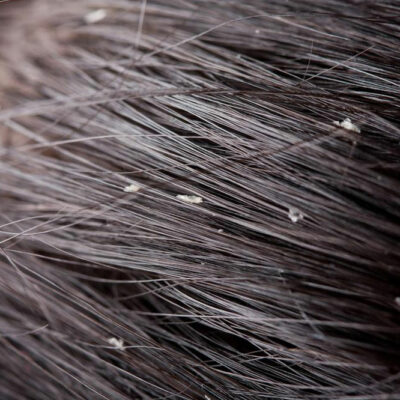
3 Simple Lifestyle Changes That Can Help ADHD
Studies show that nearly 4% of adults in the country, which means around 9 million people, have been diagnosed with Attention Deficit Hyperactivity Disorder (ADHD). Also, about 9% (6.1 million) children suffer from this condition. Let’s look at the best ways to manage this condition with lifestyle changes:
Challenges in ADHD
Living with ADHD poses a challenge for both adults and children and their families, friends, caregivers, teachers, and other service providers. One may find it difficult to cope with symptoms like inability to work to a schedule and complete a task, procrastination, impulsive behaviors, and an inability to focus.
Environmental factors, societal attitudes, and social circumstances play significant roles in how the symptoms of ADHD present themselves. Exposure to environmental toxins like vehicular and industrial pollution and excessive use of plastics during early childhood are factors that may contribute to developing the condition. Social deprivation, parenting styles, obesity, sleep disorders, and dependence on electronic media are among the other important aspects that influence the risk of this condition.
Common treatment programs for ADHD include medication, counseling, and cognitive behavior therapy, but evidence also points to the benefits of lifestyle options for managing ADHD.
- Get plenty of sleep: People diagnosed with ADHD usually experience sleep deprivation because the nature of the condition keeps them on high energy levels for a long time. It’s essential to develop good sleep routines and habits in childhood so that an adult with ADHD learns them and can benefit from them. Parents can design a sleep routine that includes no screen-time before bedtime, a bedtime routine like taking a bath before hitting the bed, and story-reading or such for children. For adults, lifestyle options for managing ADHD can include a relaxed, quiet moment alone with a cup of herbal tea or their favorite book.
- Diet and exercise: Studies have not conclusively proved the relationship between food and ADHD, but certain foods can help one relax. Foods with protein and omega-3 fatty acids are beneficial for the nerves and brain. It’s also important to know whether certain foods trigger the symptoms and behavioral changes associated with ADHD and avoid consuming them. In general, avoiding food items that contain artificial flavoring, pigments, and sweeteners is helpful for ADHD patients. Incorporating a regular, consistent, and simple exercise routine into the schedule can help manage the condition.
- Organize the space around : ADHD sufferers are often overwhelmed by chores and daily routines, but caretakers can help them declutter their working and domestic spaces, classify and categorize stuff for them, and organize closets and shelves so that they don’t stress themselves out trying to find things. A helpful lifestyle option for managing ADHD is to organize schedules, make lists, ensure that time is structured to include quiet periods, meditation, and peaceful interludes to ensure relaxation. Procrastination is the bane for ADHD patients as they tend to put off routine tasks, and breaking tasks into smaller segments can help them achieve their goals.


